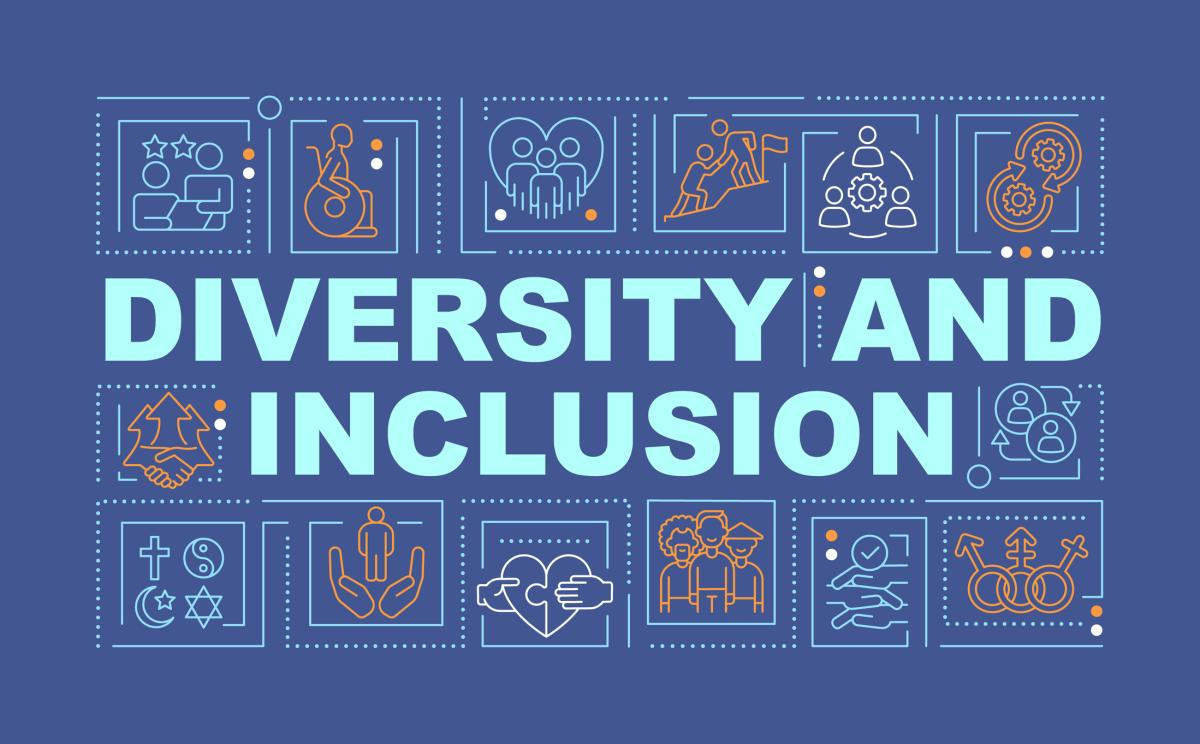By Todd Glickson, Head of Investment Management - America, Coalition Greenwich.
Asset managers’ performance on diversity, equity, and inclusion (DEI) is coming under increased scrutiny by investors and playing a growing role in the competition for institutional mandates.
Approximately 70% of asset owners from around the world taking part in the Coalition Greenwich 2022 Institutional Investors Study say DEI standards play at least some role in their selection of asset managers. That finding points to one clear conclusion: Asset managers competing for institutional mandates should be working to ensure their policies for DEI are in line with best practices and that their commitment to DEI is clearly communicated to clients and prospects.
U.S. Endowments and Foundations Leading the Way on DEI
The push for DEI standards is being led by institutions in North America. Across the United States, almost three-quarters (73%) of institutions say DEI standards now play a role in their selection of asset managers, with a third rating DEI as an “extremely” or “very” important consideration. The share of Canadian institutions reporting that DEI policies have a bearing on manager selection is even larger at 78%, with nearly 40% describing DEI as “extremely” or “very” important.
U.S. endowments and foundations are at the vanguard of this movement. Almost 90% of the U.S. endowments and foundations in the study say DEI standards play a role in manager selection, with 56% describing DEI as an “extremely” or “very” important factor. Among public pension plans, nearly three-quarters (72%) say DEI considerations have a bearing on manager selections, with more than a third describing DEI as “very important” to their selection process. Approximately two-thirds of corporate pension plans say DEI can influence manager selection, with slightly less than a quarter rating that influence as “very important.”
It's not hard to understand why DEI has risen to such prominence in North America. Throughout the U.S., racial and gender discrimination, social justice and economic inequality are at the forefront of public discussion, with a confluence of events prompting action from many large corporations and financial institutions.
Of course, DEI’s impact on the competition for investment mandates is not limited to North America. European investors are broadly acknowledged as the world leaders in the push for environmental, social, and governance (ESG) standards. However, when it comes to adopting specific DEI metrics in manager searches, they are taking a more measured approach than their peers in the U.S., Canada, and Asia. Across Europe, countries in the Nordics are the most likely to say DEI plays a role in manager selection and to rate that role as extremely or very important.
A Focus on Gender and Race
What exactly are asset owners looking at when they assess the DEI policies of asset managers competing for their mandates? Around the world, gender is by far the primary area of focus, followed by race/ethnicity. U.S. institutions are substantially the most likely to report that they consider these factors. The U.S. is also the only region in which respondents are more likely to cite race/ethnicity than gender as a consideration, albeit by the slim margin of 93% to 91%.
At 41%, U.S. institutions are also much more likely than their counterparts around the world to consider DEI policies related to the LGBTQ community when selecting managers. Institutions in the United Kingdom are the most likely to consider age as part of their DEI review.
Building Internal DEI Capabilities
Institutions in the United States are much more likely than other asset owners to maintain internal resources devoted DEI. Almost 60% of U.S. institutions (58%) have put in place dedicated DEI departments or staff. That compares to just 31% of institutions in the U.K., fewer than a quarter in Canada, and less than 1 in 5 in Continental Europe and Asia.
Throughout North America, corporates have taken the lead. In the U.S., nearly 70% of corporates have established internal departments or staff devoted to DEI, compared with 62% of endowments and foundations, 45% of public pensions and 31% of unions. In Canada, corporates are more than three times more likely than other institutions to have internal DEI capabilities, at 36%.
It's hardly a surprise that around the world, larger institutions are most likely to maintain dedicated DEI staffing. That differential is especially pronounced in the U.S., where roughly 60% of institutions with more than $500 million in assets have in-house DEI capabilities, compared to about 40% of smaller institutions.
DEI Challenges
What are the headwinds to further adoption of DEI standards in the global investment management industry? According to asset owners, the biggest impediments they face are difficulties measuring progress (cited by about two-thirds of institutions) and the related issue of inconsistent definitions of DEI terms and standards (cited by 56%). Roughly 80% of U.K. asset owners cite difficulty measuring progress as a challenge in advancing DEI, and three-quarters of institutions in Continental Europe cite inconsistent definitions. In both the U.K. and Canada, approximately 45% of institutions say lack of buy-in from leadership represents a challenge to DEI progress—a problem that is also cited by many smaller institutions around the world.
These challenges are not unique to DEI. Investors globally have been frustrated by the lack of consistent and reliable metrics on ESG overall. These difficulties have given rise to numerous efforts to standardize definitions, data, and performance metrics for ESG. For example, the International Sustainability Standards Board is working to establish baseline reporting requirements related to all ESG categories, including DEI issues. Regulators in the European Union and the U.S. are in the midst of similar projects that could help speed the adoption of DEI and other ESG standards and goals.
Recommendation for Managers: Communicate Commitment
Globally, more than 80% of institutions rate their managers’ DEI efforts as average or above average.
However, despite these passing grades, there is work to be done, as relatively few institutional investors—fewer than 1 in 10—rate their manager’s DEI efforts as “excellent.” Given the significant steps that many asset management organizations have taken to diversify their workforces and address other social issues, it’s likely that some asset managers are not doing enough to thoughtfully communicate their commitment to DEI. Going forward, managers have an opportunity to improve results by making it a point to explain the progress they have made on DEI issues to both clients in regular meetings and materials, and to prospects, early and often in the engagement process.
Coalition Greenwich welcomes the opportunity to share additional information about how expectations and perceptions are changing in institutional asset management. Diversity, equity and inclusion (DEI) is one of many topics covered in our ongoing 2022 Institutional Investors Study. Contact Us to learn more about our research offerings.
About the Author:
Todd Glickson consults with investment management clients primarily in North America and brings extensive experience with previous leadership roles focused on product, marketing, distribution, corporate strategy, and M&A.
Prior to joining, Todd was Executive Vice President, Head of Global Marketing, Product Solutions and Corporate Strategy at Cohen & Steers and a member of the firm’s Executive Committee. Previously he was with Principal Global Investors where he served as Managing Director of Product Development and Strategy and helped design and lead the product development process.
Todd earned a BS in Industrial Management and History from Carnegie Mellon University and an MA in International Economics from the University of Kentucky.





